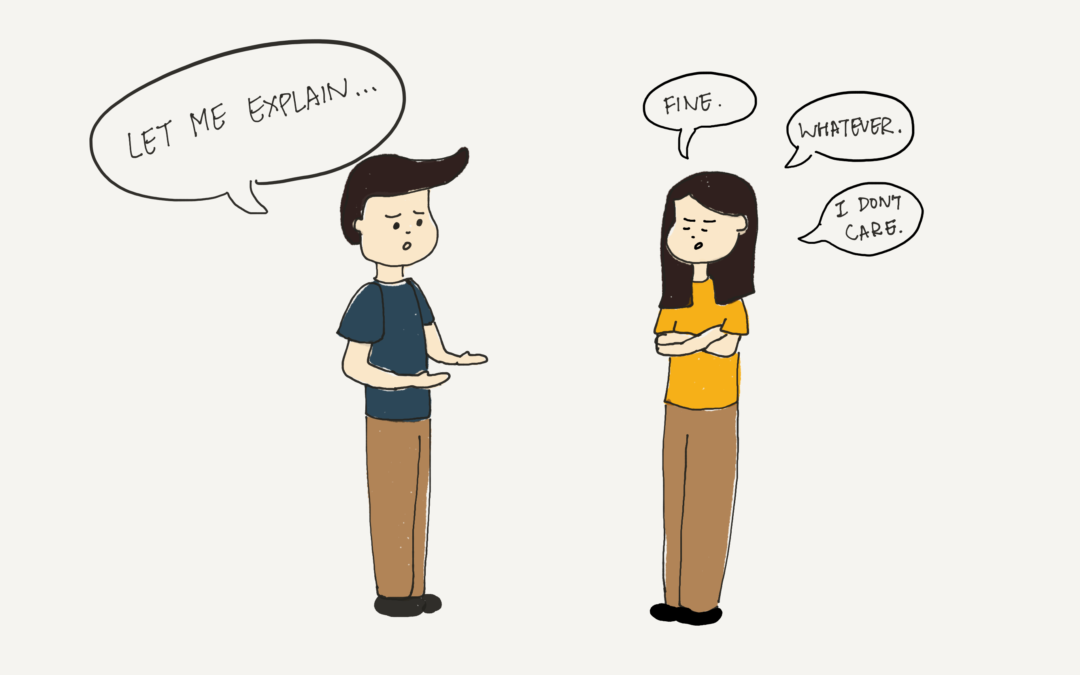Have you ever wondered why when you are with certain individuals, you often feel angry, frustrated and, despite having tried hard, it’s very difficult to build and maintain a healthy relationship with them? If so, then you may have been dealing with people who exhibit passive aggressive behaviour. These types of people express their negative feelings subtly through their actions instead of handling them directly. This creates a separation between what they say and what they do. And that’s why you feel so irritated when you are with them. The causes of this behaviour are believed to be linked to both biological and environmental factors, depending on parenting style, family and culture dynamics enacted since childhood.
For example: someone proposes a plan at work. A person with passive-aggressive behaviour may oppose the plan, but instead of voicing their opinion, they say that they agree with it. Since they’re actually against the plan, however, they resist following it. They may purposely miss deadlines, turn up late to meetings, and undermine the plan in other ways. Or for example a person is experiencing a relationship issue with their partner, they say that everything is ok, but instead of saying directly to their partner that actually something is not ok for them, they talk to their pet complaining about the issue, making sure the partner hears what they say.
The truth is that this is an unhealthy behaviour, which can badly affect relationships and have a negative impact on someone’s quality of life.
How to recognise a person with passive-aggressive behaviour?
Individuals with passive-aggressive behaviour usually:
- act stubborn
- are disagreeable or irritable
- are bitter, resentful or hostile toward other peoples’ requests
- blame others
- complain about feeling under appreciated or deceived
- criticize or protest
- have a cynical, pessimistic or aggressive manner
- intentionally delay or make mistakes when dealing with other peoples’ requests
A wise thing to do would be to take some distance from these people, but if this is not a viable option for you, then it is already quite good to be aware of this behaviour and to try not to take it personally, as it is indeed a problem of the other, who cannot have a healthy relational mode.
WHAT IF … it’s me showing these signs?
If you suspect that you may be exhibiting passive-aggressive behaviour, you could schedule an appointment with a counselling or psychotherapist professional. They can help you identify passive-aggressive behaviour and teach you how to change your behaviour. They can also help you work through anger, resentment, or low self-esteem issues that may be contributing to your passive-aggressive behaviour. They may even teach you effective coping strategies, including how to look at a situation objectively and how to solve problems in a healthy way. While it can be challenging to eliminate passive-aggressive behaviour, especially if you developed the behaviours in childhood, you can work through it. Seeing a counselling professional can be very helpful, as can changing the way you think every day. Remember that you are in charge of your behaviour and you can change it at any time.
Article adapted from <https://www.healthline.com/health/passive-aggressive-personality-disorder#signs>



